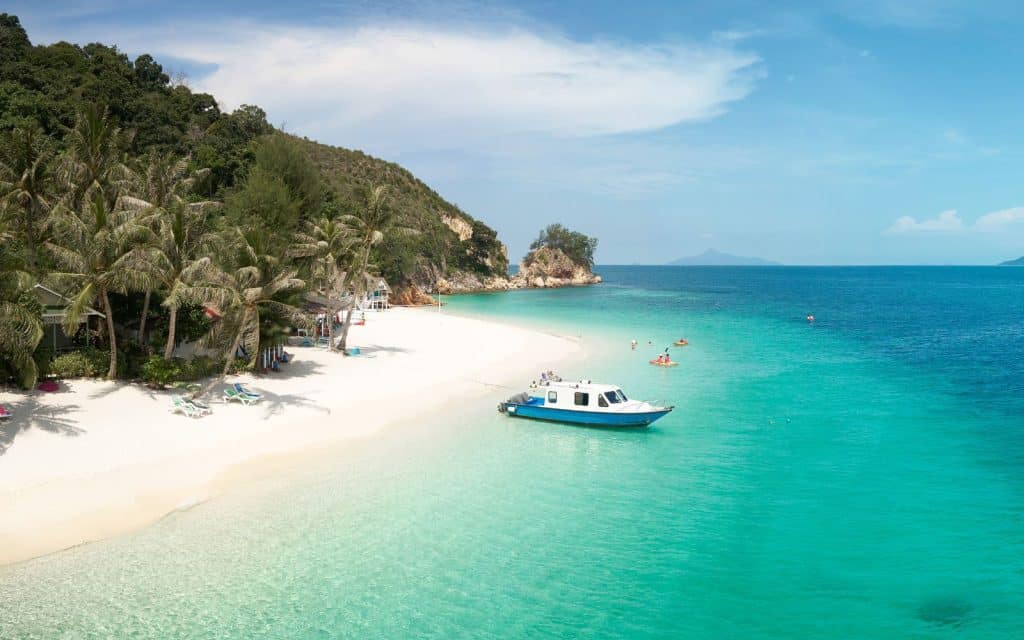With Greece as a role model for the DE-Rantau program implemented by the Malaysia Digital Economy Corporation (MDEC), Malaysia aims to become a leading hub for digital nomads.
Head of Digital Tourism at MDEC, Arifah Sharifuddin said that the company took inspiration for its digital nomad program from other destinations such as Chiang Mai, Bali, Portugal, Spain and Greece.
“We looked at seasoned locations that had specific immigration facilities that allow digital nomads to be recognized. Estonia started its program in 2016, Portugal since 2020 but we felt Greece had the best model for us.”
800 of the 2,000 applications submitted for DE Rantau—which in Malay means “travel”—have been approved after the program’s introduction in October of last year. “We have families, couples, and singles,” she remarked.
The program is aimed specifically at talents in the IT and digital sectors. It is not intended for accountants who use their computer for freelance work. “We are looking for people who fit the following description: software developers, bloggers and content producers with a certain number of followers and a certain type of content,” explained the spokesperson.
Software development makes up 30% of the skill set, while the remaining 25% is split between AI, machine learning, digital marketing, creative content and UI/UX. A person needs to earn $24,000 per year to qualify.
“We see this program as supporting digital tourism so that businesses in Malaysia can become more competitive and sustainable,” said Arifah about its Digital Nomad initiative
DE Rantau serves as a central point of contact for all questions relating to immigration and housing for digital nomads. “When we first announced the visa, we received all kinds of applications and the rejection rate was very high,” said Arifah. “But now things have stabilized.”
Currently, 73% of digital nomads live in Penang and Kuala Lumpur. Arifah cited places like Langkawi and the Borneo states of Sabah and Sarawak as examples of how many states are interested in participating in the program.
DE Rantau is also a component of Malaysia’s larger strategy to accelerate its digital economy in nine sectors, of which tourism is one of the main areas. “We see this program as supporting digital tourism so that businesses in Malaysia can become more competitive and sustainable,” said Arifah.


